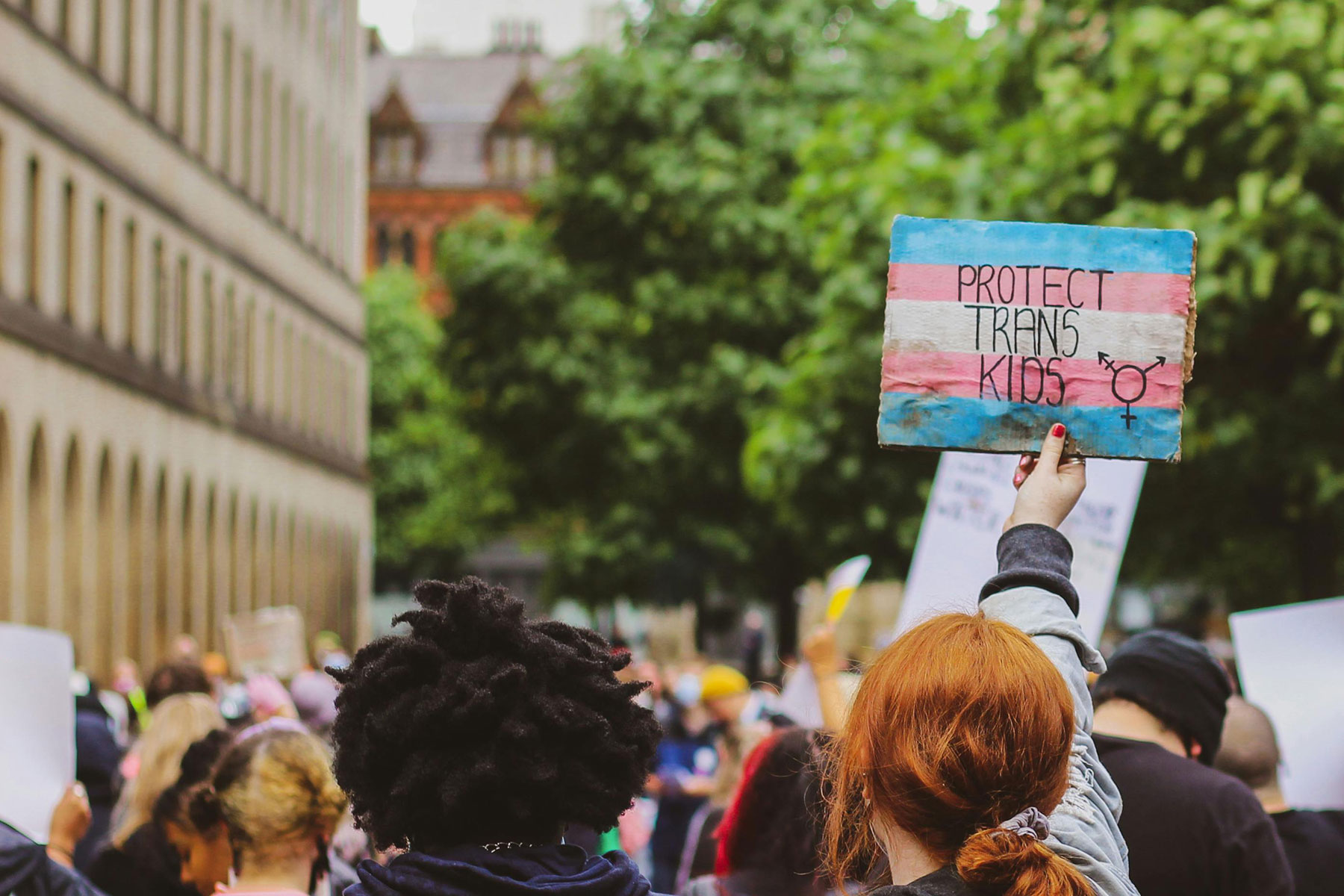
WHY ASK ABOUT SEXUAL ORIENTATION AND GENDER IDENTITY?
There is a growing body of evidence showing that Lesbian, Gay, Bisexual, Transgender, and Queer/Questioning (LGBTQ+) youth suffer from potentially traumatic events (PTEs) at significantly higher rates than their straight and cisgender peers. Among the most prevalent PTEs affecting LGBTQ+ youth are parental rejection, bullying, physical and sexual harassment, and hate crimes. Consequently, LGBTQ+ youth experience a wide array of health disparities, such as increased rates of anxiety, depression, suicidal ideation and attempts, drug and alcohol misuse, sexually transmitted diseases/infections, homelessness, and Post Traumatic Stress Disorder (PTSD). The alarming rate at which LGBTQ+ youth are victimized in the United States urges us to identify LGBTQ+ youth in order to assess for safety and risk of self-harm or suicidality, prevent exposure to trauma via psychoeducation, and refer to evidence-based trauma-focused treatment when they have been exposed to trauma. Nevertheless, discussing and acknowledging sexual orientation and gender identity—with or without the aforementioned PTEs—has not been common practice in child-serving systems and organizations.
Often LGBTQ+ youth’s increased risk for trauma is partly due to societal stigma and prejudice. As a trauma treatment provider, you have an obligation to provide safe and affirming spaces for LGBTQ+ youth to express themselves honestly—without fear of judgment, ridicule, or having their identities outed. Additionally, you must ask about essential and basic information such as gender identity, sexual orientation, and PTEs. Without asking these important questions, you cannot provide trauma-informed services that truly meet the unique needs of LGBTQ+ youth and their families. It is essential that as a provider, you actively acknowledge and validate youth who hold marginalized identities and seek to understand the ways in which these identities and PTEs may intersect.
Share This Post!
The Link Between ADHD and Trauma
By Medical News Today Attention deficit hyperactivity disorder (ADHD) is a common neurodevelopmental disorder that often begins in childhood. Studies have found that trauma occurring in childhood may exacerbate or predict [...]
5 Reasons Why We Blame Ourselves After Trauma
By Kaytee Gillis, LCSW-BACS As a therapist who works with survivors of childhood trauma, I find that self-blame is a common part of their experience. As a survivor myself, I experience [...]
Child-Parent Psychotherapy Resources
By University of California, San Francisco Child-Parent Psychotherapy (CPP) is an intervention model for children aged 0-5 who have experienced at least one traumatic event (e.g. maltreatment, the sudden or traumatic [...]
Caring for Caregivers Experiencing Secondary Trauma
By Heather C. Forkey, MD, Elaine Schulte, MD, MPH, and Luanne Thorndyke, MD Secondary traumatic stress (STS) is the emotional duress caused by indirect exposure to distressing events experienced by others. [...]
How to Talk About Mental Health
By SAMHSA Mental health is essential to a person’s life in the same way as physical health. Hesitation to talk about mental health adds to the notion that the topic is [...]
Prioritizing Minority Mental Health
By CDC Office of Health Equity Mental health matters! Mental health includes our emotional, psychological, and social well-being. It affects how we think, feel, act, handle stress, relate to others, and make [...]







